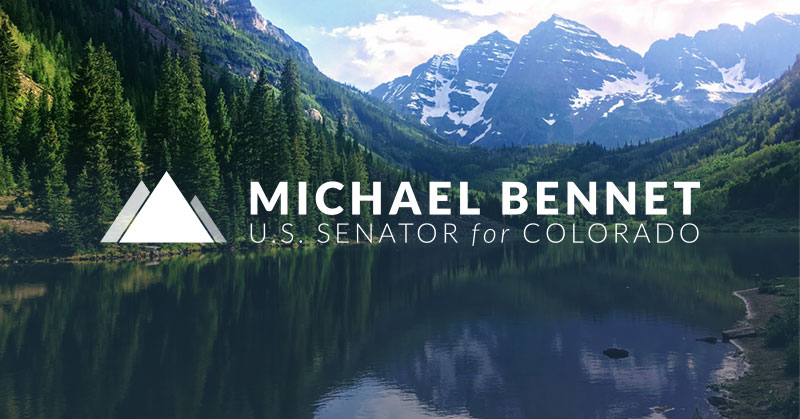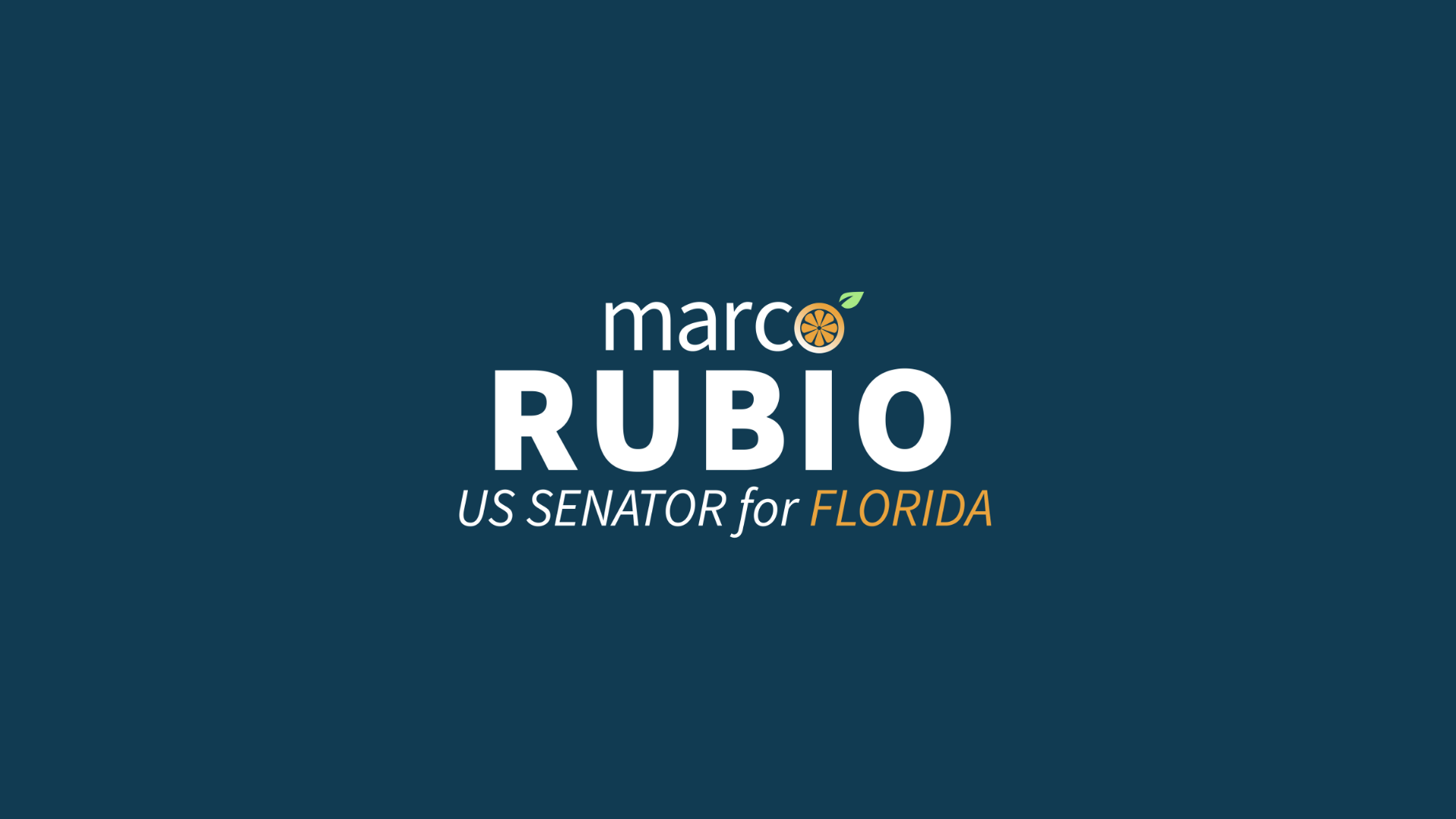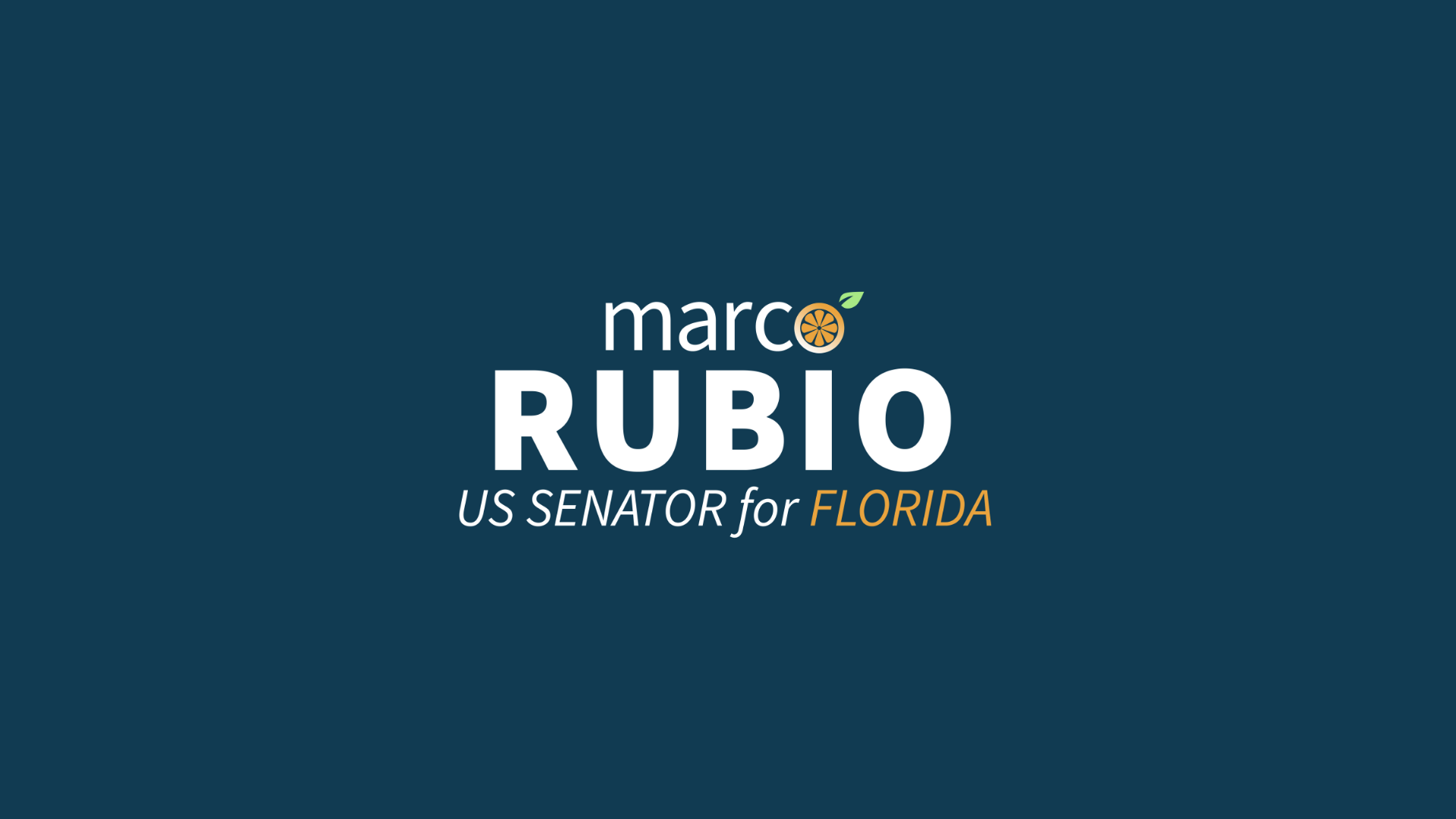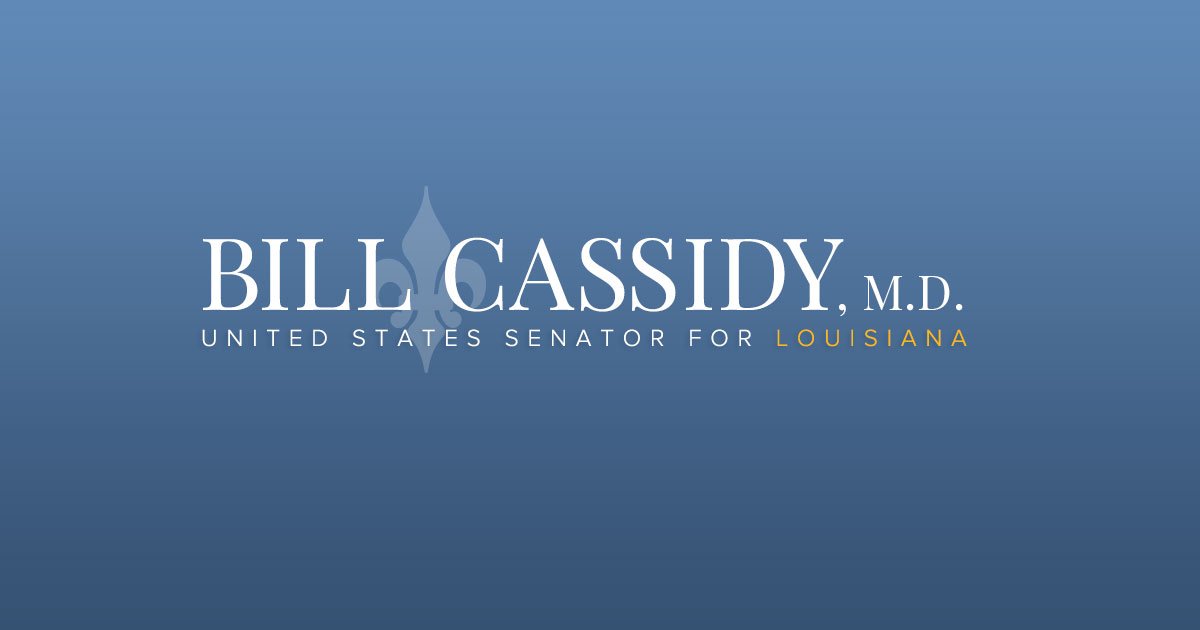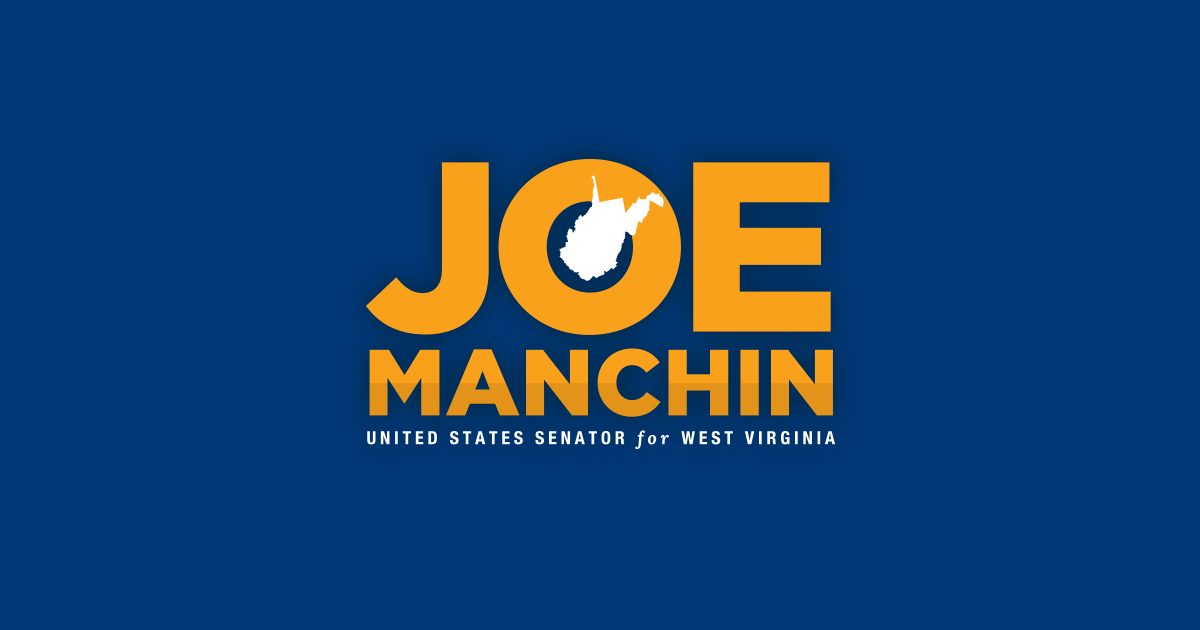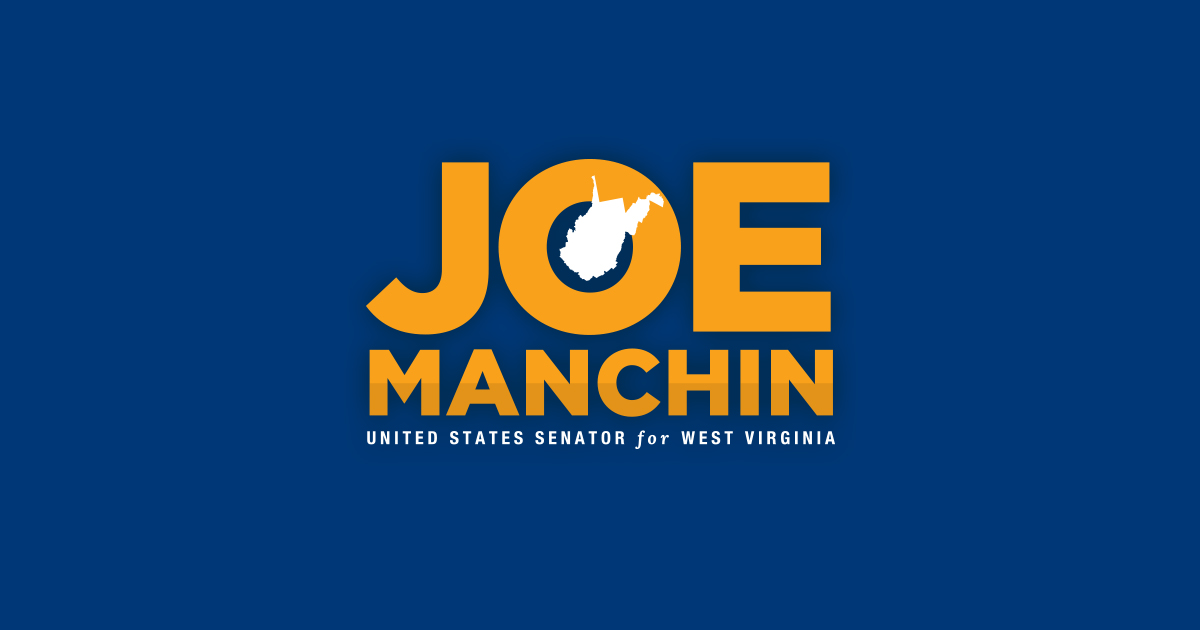Source: United States Senator for Colorado Michael Bennet
Washington, D.C. — Today, Colorado U.S. Senator Michael Bennet and U.S. Senator Mike Crapo (R-Idaho) introduced the Headwaters Protection Act. This bipartisan legislation would expand support for two U.S. Forest Service (USFS) programs created by U.S. Senator Martin Heinrich (D-N.M.) in the 2018 Farm Bill. The two programs together prevent water pollution at the source, improve the health of our watersheds, and ensure investments benefit downstream communities.
“In the West, the survival of our economy and our way of life depends on the stewardship of our forests and watersheds,” said Bennet. “We need to pass this legislation to protect critical water resources for downstream communities and make our forests more resilient to wildfire, drought, and a changing climate.”
“Protecting our natural resources and the environment is a collaborative effort at every level,” said Crapo. “This legislation provides much-needed funding for watershed restoration while encouraging collaboration as a benefit to small, rural and disadvantaged communities and tribes without exerting federal control over private lands.”
“Nearly a decade ago, I was proud to lead the bipartisan effort with Senator Jeff Flake to establish these programs within the U.S. Forest Service. While our work helped improve the management of watersheds in our national forests and reduce the risks of catastrophic wildfires, last year’s historic wildfires made clear: there’s more work to do,” said Heinrich. “As we continue to confront the reality of drier forests and more extreme wildfire seasons, we must extend and strengthen these programs to support the long-term sustainable use of our land and water.”
America’s National Forests supply drinking water for nearly 1 in 5 Americans – making them the single most important source of water in the country. Yet many of our watersheds that begin in our forests are considered “impaired” or “at risk.”
To ensure clean drinking water for communities, the USFS has two key authorities to manage our forests for watershed health: the Water Source Protection Program (WSPP) and the Watershed Condition Framework (WCF). The WSPP invests in projects that prevent water pollution at the source by encouraging farmers and ranchers, water utilities, Tribes, local governments, and the Forest Service to work in partnership to restore forest health and impaired watersheds. The WCF establishes a consistent process at the USFS to evaluate the health of our watersheds and ensure investments benefit downstream communities.
The Headwaters Protection Act improves the WSPP by increasing its funding, expanding access to it, and directing the program to prioritize local, collaborative partnerships to protect forests and watersheds. It also creates dedicated funding for WCF and makes a technical change to the program to ensure management activities in our National Forests do not lead to the long-term degradation of our watersheds.
“Drinking water undergoes several treatments to ensure it’s safe and clean before it flows out of your faucet. Often the first step is natural filtration provided by our forests. As the West continues to experience extreme shifts in yearly rain and snow, protecting and restoring our forests is a sensible investment in a resilient water supply for California and communities across the country,” said Feinstein.
“When managed correctly, National Forest watersheds provide drinking water and irrigation, protect wildlife habitat, and strengthen landscape resilience. The Headwaters Protection Act will improve the ability of industry, community, and federal partners to improve and protect these critical forest water sources for decades to come,” said Risch.
“Water is vital to every community. Protecting our watersheds is a high priority to ensuring access to safe drinking water is available,” said Luján. “That’s why I’m proud to join my colleagues in introducing the Headwaters Protection Act. This legislation will invest in water pollution prevention and watershed management to help ensure clean water for the livelihood of our communities and habitats.”
“Our forests have an outsized effect on drinking water, which is why we need to keep them healthy,” said Hickenlooper. “This bill will make it easier for utilities, cities, agricultural producers, and the U.S. Forest Service to protect the water in our taps.”
Specifically, the Headwaters Protection Act would:
- Reauthorize the WSPP and increase the authorization of appropriations for the program from $10 million per year to $30 million per year;
- Broaden the range of water users, including historically disadvantaged communities, who can participate in and benefit from the WSPP;
- Reduce financial barriers for water users to participate in the WSPP;
- Prioritize WSPP projects that benefit drinking water quality and improve resilience to wildfire and climate change;
- Make a technical change to the WCF to ensure healthy watersheds do not become degraded; and
- Authorize $30 million in new appropriations per year for the WCF.
In addition to Bennet, Crapo, and Heinrich, this bill is cosponsored by U.S. Senators Dianne Feinstein (D-Calif.), James Risch (R-Idaho), Ben Ray Luján (D-N.M.), Mark Kelly (D-Ariz.), and John Hickenlooper (D-Colo.).
Statements of Support:
“Coloradans have a responsibility to steward the vast water resources that originate in the Colorado Rockies. Healthy watersheds are the foundation of our way of life in our state, but also the livelihoods of tens of millions of Americans living downstream beyond our borders. I applaud Sen. Bennet’s sense of urgency and commitment to ensuring communities have the resources they need to restore and improve watershed health in Colorado and across the country,” said Colorado Governor Jared Polis.
“As the Executive Director of the Colorado Department of Natural Resources I work with our federal partners to secure investments to reduce wildfire risk across boundaries in Colorado’s watersheds. Our state’s forests are not only critical for providing water to local communities and downstream states, but also provide core wildlife habitat and recreation opportunities, which is why I strongly support Sen. Bennet’s Headwaters Protection Act,” said Dan Gibbs, Executive Director, Colorado Department of Natural Resources.
“We know there is an unequivocal link between healthy forests and healthy watersheds and yet, in recent years Colorado’s forests have experienced intense drought, insect infestations and record-setting wildfires. Amidst a warming climate and growing populations the need for bold action to protect Colorado’s forests, and in doing so the clean and abundant water they make available, has never been greater,” said Matt McCombs, Colorado State Forester. “I want to thank Sen. Bennet for taking on this challenge through the Headwaters Protection Act ensuring science, collaboration and a sense of urgency guide our way as we face down these challenges together.”
“As the headwaters of the Colorado River, water from Grand County is used by millions of households and thousands of agriculture producers throughout Colorado and beyond. In 2020, the East Troublesome and Williams Fork fires burned through nearly 198,000 acres of public lands in Grand County – directly affecting water quality in reservoirs relied upon for drinking, agriculture and wildlife. Together with our partner agencies, the work of restoring these precious watersheds has just begun, and will require additional funding for years to come. The Grand County Board of County Commissioners supports Senator Bennet’s efforts to restore forest health, protect our watersheds, and limit future wildfire risk through the Headwaters Protection Act,” said Grand County Commissioners Merrit Linke, Richard Cimino, and Randy George.
“Colorado Springs Utilities greatly appreciates and supports Senator Bennet’s efforts to preserve WSPP (Water Source Protection Program) funding and expand it to include other entities. Expansion to include the watershed protection work we (and water providers) undertake in collaboration with the U.S. Forest Service will provide greater confidence in the ability to provide safe water supply for Coloradans,” said Travas Deal, Chief Executive Officer, Colorado Springs Utilities.
“From the Rio Grande to the Columbia River, the watersheds within America’s National Forests are critical to our way of life, providing drinking water for most Coloradans and more than 60 million people across the country and key habitat for wildlife. Colorado’s rivers support a robust economy through our farms and ranches, and offer world-class recreation experiences for visitors. Both the Watershed Condition Framework and Water Source Protection Program were designed to help protect these important resources. The Headwaters Protection Act improves upon these important programs by preventing future degradation and allowing more communities in our state and beyond to have a voice,” said Jim Ramey, Colorado State Director, The Wilderness Society.
The Nature Conservancy in Colorado strongly supports Senators Bennet, Crapo, Feinstein, Risch, Heinrich, Lujan, Kelly, and Hickenlooper’s Headwaters Protection Act. Healthy forested watersheds provide the natural infrastructure that supplies clean water for people and communities, agriculture, hydropower, and fish and wildlife. Many of these forested watersheds are on both public and private lands, and many are in unhealthy condition, at risk of high-severity wildfire, and in need of ecologically based restoration. The Headwaters Protection Act reauthorizes and improves the Water Source Protection Program, a tool that can bring investments from non-federal partners to support forest health, restoration, and watershed protection projects. This bill is a smart investment in our future,” said Carlos Fernandez, Colorado State Director, The Nature Conservancy.
“Watershed health is essential to preserving drinking water sources that many metropolitan communities depend on,” said Tom Dobbins, CEO, Association of Metropolitan Water Agencies. “The Headwaters Protection Act will make essential improvements to US Forest Service programs dedicated to protecting drinking water sources while prioritizing climate resilience and drinking water quality. AMWA applauds Senator Bennet’s leadership to ensure the quality of drinking water sources, and we look forward to advancing this important legislation.”
“Protecting our watersheds is a critical first step in providing safe drinking water for millions of Americans,” said David LaFrance, CEO, American Water Works Association. “The American Water Works Association applauds Sen. Bennet and Sen. Crapo for their strong leadership in introducing the Headwaters Protection Act and their ongoing support for programs that keep our forests and watersheds healthy.”
“Source watersheds – the forests, meadows, and streams that supply water to cities and farms – is an integral part of both Colorado’s and the nation’s water system infrastructure,” said Alex Funk, Director of Water Resources and Senior Counsel, Theodore Roosevelt Conservation Partnership. “The Headwaters Protection Act will support critical public-private partnerships that will increase the pace and scale restoration and conservation efforts that maximize the water reliability and quality benefits of healthy source watersheds, which in turn helps support adaptation to drought and wildfire, while benefiting fish and wildlife habitat important to hunters and anglers.”
“The health of our forests and the security and cleanliness of our water supplies are closely linked. In recent years, we’ve seen the devastating impacts that wildfires ripping through beetle-weakened forests have had on our landscapes, rivers and water infrastructure. American Rivers strongly supports this bill, which will help improve the ability of our National Forests to provide clean drinking water for our communities, protect wildlife habitat, and benefit agricultural water users,” said Matt Rice, Southwest Regional Director, American Rivers.
“Project 7 Water Authority, which serves nearly 60,000 people in Delta, Montrose, and Ouray counties, supports the Headwaters Protection Act and Water Source Protection Program,” said the Project 7 Water Authority.
The text of the bill is available HERE. A summary of the bill is available HERE.
